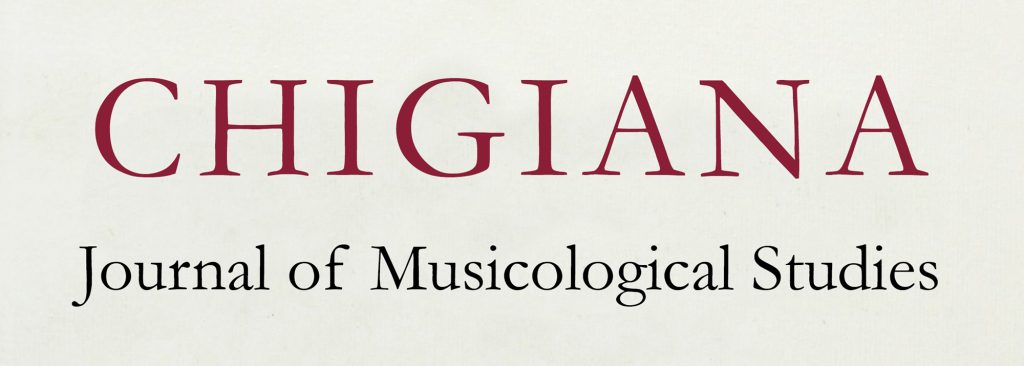
Expressing the Religious and the Spiritual in Art Music under State-Socialism
Melita Milin (Serbian Academy of Sciences and Arts)
After the split with the Soviet Union in 1948 Tito’s Yugoslavia gradually became a more liberal country, at the same time keeping its state-socialist ideology. Among the most sensitive issues in the social and cultural sphere was the status of the three main religions in the country – Orthodox, Catholic and Muslim. Although generally intolerant towards the presence of religious art in the public sphere, the cultural policy sometimes displayed hesitation and incoherence when reacting to what was officially perceived as political provocations. The case of the Serbian woman composer Ljubica Marić (1909-2003) reveals how she managed to avoid accusations for systematically using orthodox church chants in her secular music. On the one hand, her pre-war closeness to communist circles, coupled with her allegiance to post-war developments, protected her from suspicion for any anti-socialist attitude. On the other hand, during the early 1960s an evening-long theatrical work/oratorio (Slovo svetlosti) about an epochal event from the Serbian medieval history with her music – almost all of which had already been performed in concerts without problems – met with refusal to be performed on the ground that it celebrated religion and church. The work was eventually premiered but was performed only a few times. Such a turn of events can be explained by the fact that those works of Marić which were wordless, began to be observed as subversive as soon as they were used in a theatrical work (based on fragments from medieval texts) about noble and religiously motivated behaviour of Prince Lazar and aristocracy. However, that event did not harm Marić’s career, the more so as she insisted that although she used church chant in her music she did not compose church or religious music but spiritual works. At the time the word “spiritual” was a key word that was often used also for true church music in order to get approval for performance. The analysis of Marić’s music and its contexts will also take into account the fact that she was an agnostic by conviction and that Yugoslavia was a multinational state that was vigilant over exploitation of religion for nationalistic purposes.
Nel 1948, dopo la separazione dall’Unione Sovietica, la Jugoslavia di Tito divenne gradualmente un paese più liberale, conservando allo stesso tempo l’ideologia del socialismo di stato. Tra le questioni più delicate in ambito sociale e culturale vi era quella dello status delle tre principali religioni del paese – l’ortodossa, la cattolica e la musulmana. Pur essendo in genere intollerante nei confronti della presenza dell’arte religiosa nella sfera pubblica, la politica culturale a volte mostrava esitazione e incoerenza nel reagire a ciò che era percepito ufficialmente come una provocazione politica. Esemplificativo è il caso della compositrice serba Ljubica Marić (1909-2003), che riuscì a evitare le accuse per aver usato sistematicamente canti liturgici ortodossi in composizioni secolari. La sua vicinanza prima della guerra ai circoli comunisti, insieme alla lealtà verso il regime affermatosi nel dopoguerra, la proteggeva dal sospetto di atteggiamenti antisocialisti. Nei primi anni Sessanta, però, fu negata la rappresentazione di un suo oratorio teatrale (Slovo svetlosti), su un evento epocale della storia medievale serba – con musiche che precedentemente erano state eseguite in concerti senza destare problema – per il fatto che celebrava la religione e la chiesa. Alla fine, l’oratorio ebbe una prima, dopo la quale fu eseguito solo poche volte. Una spiegazione può essere rintracciata nel fatto che le musiche della Marić che erano senza parole iniziarono ad essere considerate sovversive non appena vennero utilizzate in un’opera teatrale (basata sui frammenti di testi medievali) incentrata sulla nobiltà e religiosità del principe Lazar e dell’aristocrazia. L’episodio non danneggiò la carriera della Marić, che insistette sul fatto che, sebbene utilizzasse canti liturgici nella sua musica, non componeva musica sacra, ma opere spirituali. A quell’epoca la parola “spirituale” era una parola chiave che veniva spesso usata anche per la musica liturgica al fine di ottenere il permesso di essere eseguita. L’analisi della musica della Marić, e del contesto in cui fu prodotta, prenderà anche in considerazione il fatto che la compositrice era una convinta agnostica e che la Jugoslavia era uno stato multinazionale che vigilava attentamente sullo sfruttamento della religione a fini nazionalistici.
